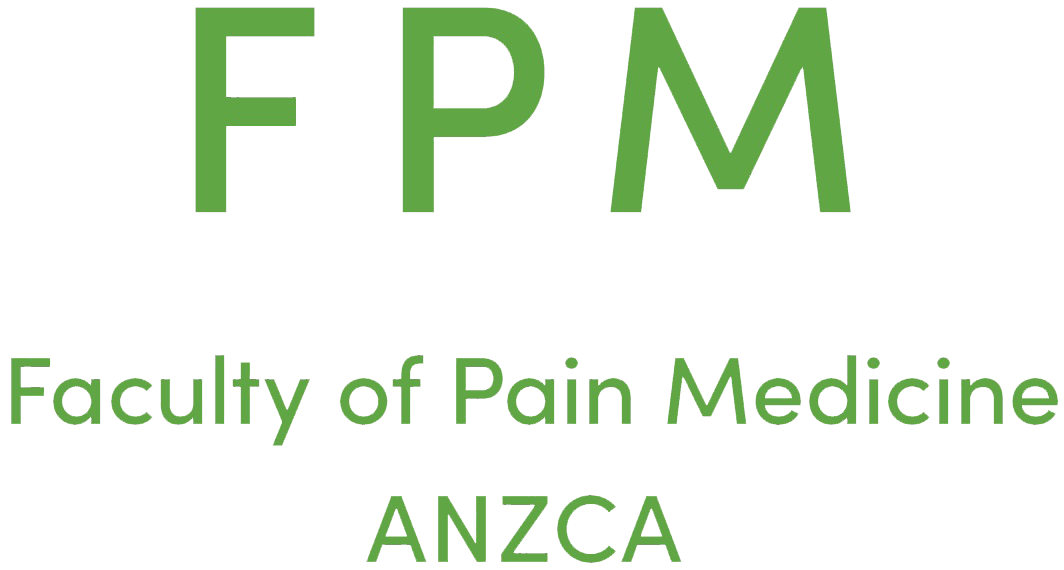The complete Better Pain Managemnt program includes full access to the modules listed below:
Module 1: Making an effective pain diagnosis: a whole person approach: Understand the importance of a whole-person approach to pain assessment and its complexities, including a modern 'sociopsychcobiomedical' perspective of the pain experience and how to recognize key pathophysiological pathways that underly pain. Develop techniques for a more skillful patient communication of your diagnosis.
Module 2: The impact and management of psychological factors in pain: Recognise and determine the presence of psychological comorbidities in patients with persistent pain. Learn how to assess patients at a heightened risk of progression to long-term distress and disability - using a system of red and yellow flags. Understand the role of pharmacological and non-pharmacological therapies in pain management.
Module 3: A whole person approach to chronic pain: Competently perform a thorough patient assessment and manage complex chronic pain presentations. Further examine this multi-dimensional condition involving thoughts, behaviours, nutrition and other perspectives that directly influence the physical processing of pain. Educate patients on multidisciplinary pain management.
Module 4: Neuropathic pain: Identification and management. Use a systematic assessment approach to diagnose neuropathic pain, including how to distinguish between neuropathic and nociceptive pain. Develop treatment plans to address common comorbidities, together with a rational choice of investigations in the diagnostic process, knowing when referral is indicated.
Module 5: Lower back pain: Assessment and management in primary care Develop an evidence-based approach to assessing low back pain using practical and time-efficient strategies. Specialist clinicians demonstrate how to further define clinical problems using structured physical examinations. Understand why a multimodal vs unimodal approach to low back pain presentations is likely to be more effective.
Module 6: Opioids in pain management: Develop clearer decision-making in opioids prescribing for those with non-malignant chronic pain. Learn best practice pain management techniques for clinically-responsible patient outcomes, whilst reducing opioid dependence and harm. FPM pain specialists show how to use non-pharmacological therapies, optimizing opioid treatment plans.
Module 7: Pharmacology of pain medicine: Understand the pathophysiology of pain and how different types of medication can target the pain pathway. Execute a more targeted approach to the choice of pharmacological treament, matching drug therapies with the underlying causititive mechanisms of pain - avoiding sub-optimal patient outcomes that may be due to higher doses of ineffective drugs.
Module 8: Non-joint musculoskeletal pains: Capturing less understood causes of chronic musculoskeletal conditions, learn how to better manage pain associated with trauma, postural strain, repetition and age-related changes to the integrity of structures. Includes common types of non-rheumatological causes of musculoskeletal pain, with their pathological mechanisms and diagnosis.
Module 9: Acute pain management: Post-discharge. Develop your skills in the ongoing management of acute or traumatic pain, post-surgical. With increasing early recovery protocol trends, learn to support and manage discharge patients under your care. Understand professional requirements of managing post-surgical acute pain in the community, with risks/benefits of opioids in managing pain.
Module 10: Understanding pain-related procedures: Uncover and understand the indications for interventional procedures used in the diagnosis and treatment of chronic pain. Commonly performed management procedures for pain reduction are explained in detail, and you will acquire skills for informing patients about these procedures - managing expectations of their efficacy.
Module 11: High-dose problematic opioid use: Now a complex problem globally, FPM specialists help you recognise high-dose use and manage risk factors for addiction. Accurately describe the features and importance of 'aberrant behaviour' in patients on high dose opioid therapy, then develop skills for managing problematic use, particularly with vulnerable patients.
Module 12: Pain in children: Effectively managing pain in children requires an in depth knowledge of their pain physiology and wider social influences. Prevent and manage acute pain, common episodic or recurrent pain problems. Improve your practice by identifying the consequences of pain during development from premature infants to adolescents.





